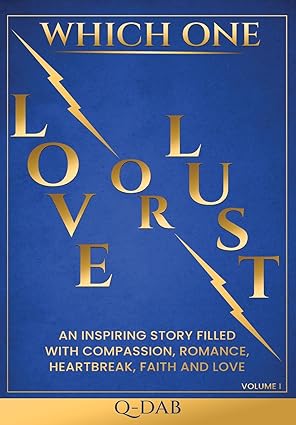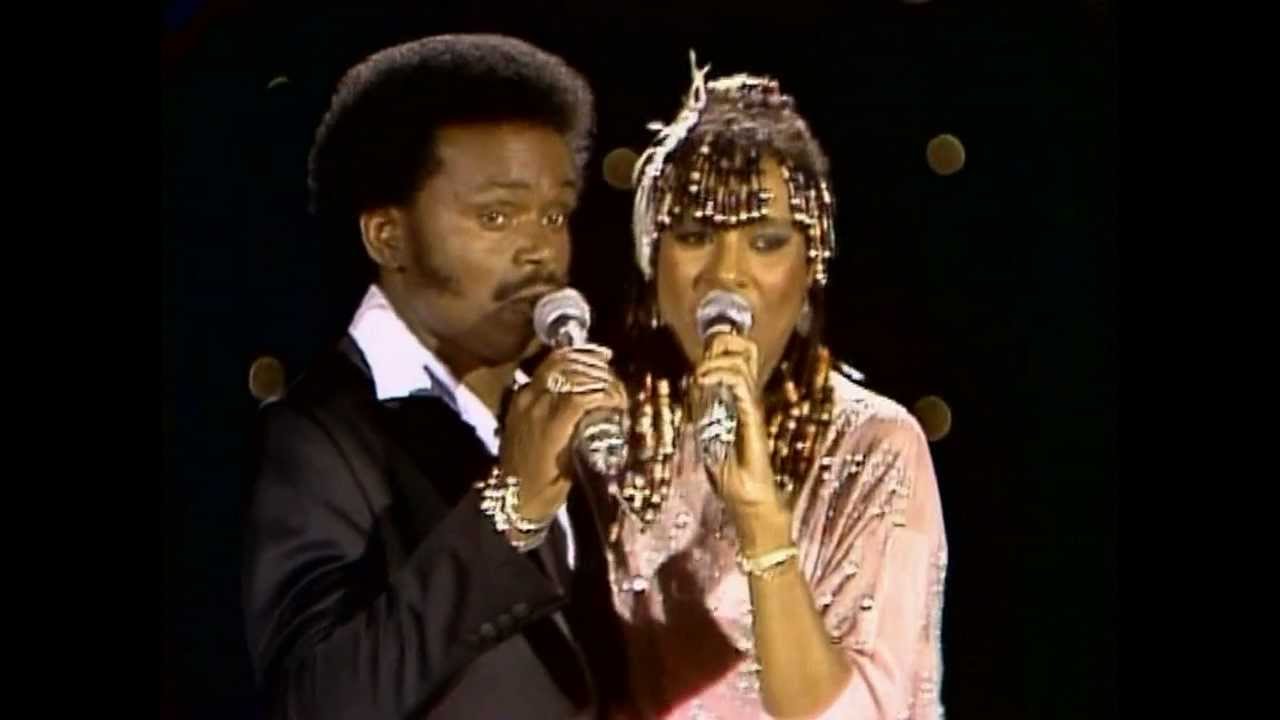
Have you ever felt like you’re running on empty, emotionally speaking? This is a common sensation when we’re caught in the exhausting cycle of trying to reconcile differences.
The emotional toll can be overwhelming, leaving us feeling drained, often without a clear understanding of why. It’s a hard pill to swallow, recognizing that the very act of seeking peace can sometimes be the source of our distress.
This piece aims to shed light on this paradox, delve into its complexities, and provide helpful insights. We’ll explore why reconciliation can be so draining and offer strategies to navigate this challenging emotional landscape. Stay tuned as we unpack this intriguing topic, providing a roadmap to help you find your way through the maze of emotions.
What Causes Emotional Exhaustion?
Emotional exhaustion often stems from prolonged periods of stress or pressure, which can be exacerbated by the effort of trying to reconcile or mend strained relationships. It’s not uncommon to feel emotionally drained after persistent attempts to resolve conflicts, especially when those attempts are met with resistance or hostility.
Unresolved conflicts can lead to a constant state of tension and anxiety, which drains emotional energy. This is further intensified if you’re constantly suppressing your emotions in an attempt to maintain peace. The emotional toll of constantly being on edge, coupled with the physical exhaustion that comes from disrupted sleep patterns, can leave you feeling completely drained.
A significant cause of emotional exhaustion is the lack of self-care. When you are so focused on resolving conflicts, it’s easy to neglect your own emotional needs. This can lead to feelings of emptiness and disconnection, which are key indicators of emotional exhaustion.
• Unmet expectations can also contribute to emotional exhaustion. If your efforts to reconcile are not reciprocated or appreciated, it can lead to feelings of frustration and disappointment, further draining your emotional energy.
It’s important to recognize these causes of emotional exhaustion. Acknowledging how you’re feeling is the first step towards seeking help and developing coping strategies. Remember, it’s okay to take a step back and focus on self-care. Your emotional well-being is just as important as resolving conflicts.
How to Identify Emotional Burnout?
Emotional burnout is a state of mental exhaustion that arises from prolonged stress, often due to the effort of trying to reconcile conflicting feelings or situations. It is characterized by a feeling of being emotionally drained, a decrease in motivation, and a sense of helplessness.
The first sign of emotional burnout is a constant feeling of fatigue. This is not just physical tiredness, but a deep-seated exhaustion that doesn’t seem to improve with rest. You may also feel detached or numb, unable to connect with others or feel joy or excitement.
Increased irritability and frustration are also common. You may find yourself snapping at loved ones or colleagues, or feeling overwhelmed by even minor inconveniences.
Another sign is a lack of productivity and poor performance. Despite your best efforts, you may struggle to concentrate or complete tasks.
Finally, emotional burnout can lead to physical symptoms, such as headaches, digestive problems, and sleep disturbances.
Understanding these signs is the first step towards addressing emotional burnout. It’s important to seek help if you recognize these symptoms in yourself, as they can lead to more serious mental health issues if left unchecked.
Remember, it’s okay to ask for help. Reach out to a mental health professional if you’re feeling overwhelmed. They can provide the tools and support you need to navigate this challenging time.
- Constant feeling of fatigue
- Increased irritability and frustration
- Lack of productivity and poor performance
- Physical symptoms such as headaches, digestive problems, and sleep disturbances
Can Reconciliation Lead to Emotional Drain?
Reconciliation, typically seen as a process of mending broken relationships, can often lead to feeling emotionally drained. This emotional fatigue is often a result of the mental effort required to understand, forgive, and move past the issues that caused the rift in the first place.
The process of reconciliation involves a significant amount of emotional labor. This includes the task of managing and suppressing emotions, which can be quite taxing. The constant need to keep emotions in check can lead to feelings of exhaustion and burnout.
One of the main reasons reconciliation can lead to emotional drain is due to the constant rehashing of past issues. This can lead to a sense of being stuck in a loop, causing feelings of frustration and emotional drain.
Moreover, the fear of conflict reoccurring can also contribute to feeling emotionally drained. This fear often stems from the uncertainty of whether the reconciliation will hold or if the same issues will resurface, causing additional stress.
- Emotional labor in reconciliation
- Rehashing past issues
- Fear of conflict reoccurring
Additionally, the pressure to make the reconciliation work can also lead to emotional drain. This pressure can come from within oneself or from external sources like family, friends, or society. It is essential to understand that reconciliation is a process, not an event, and it’s okay to take time to heal and recover.
In summary, while reconciliation can be a positive step towards healing, it can also lead to feeling emotionally drained due to the emotional labor involved, the constant rehashing of past issues, fear of conflict reoccurring, and the pressure to make the reconciliation work.
Is Emotional Drainage Normal in Reconciliation?
Reconciliation, especially after a tumultuous period, can be a strenuous emotional journey. It’s not uncommon to feel emotionally drained during this process. This emotional fatigue stems from the mental effort required to mend broken relationships, understand differing perspectives, and navigate complex emotions. The emotional toll it takes can be likened to a psychological marathon, where the finish line represents a restored relationship.
The strain of reconciliation often manifests in symptoms like exhaustion, decreased motivation, and even physical discomfort. It’s a natural response to the emotional labor involved in reconciliation. This is because reconciliation isn’t just about resolving disagreements, it’s about healing emotional wounds, which requires a significant amount of mental energy.
How to deal with emotional drainage during reconciliation? The key is to acknowledge these feelings as a normal part of the process. It’s essential to practice self-care during this period. Engage in activities that rejuvenate you, like reading, exercising, or spending time in nature. Seek support from trusted friends, family, or a professional counselor. Remember, it’s okay to take breaks and give yourself the time and space to heal.
Emotional drainage in reconciliation is a testament to the effort you’re putting into mending your relationships. It’s a sign of your commitment to resolving issues and moving forward. While it can be challenging, it’s a crucial step towards healing and growth.
How to Cope with Emotional Fatigue?
Feeling emotionally drained can often stem from the exhausting process of trying to reconcile. It’s a state of emotional fatigue that can leave you feeling overwhelmed and depleted. This emotional fatigue can be the result of numerous factors, such as constant conflict, relationship issues, or even work-related stress.
One of the ways to cope with this emotional fatigue is by practicing self-care. This involves taking time out for yourself, indulging in activities you enjoy, and ensuring that you’re getting enough sleep. Regular exercise can also help, as it releases endorphins, which are known to boost mood and promote a sense of well-being.
Another effective method is seeking professional help. Therapists and counselors can provide tools and strategies to help you manage your emotional fatigue and guide you towards healing and reconciliation. They can also help in identifying triggers and developing strategies to avoid or manage them.
Lastly, it’s essential to remember that it’s okay to take a step back. If the effort to reconcile is causing emotional fatigue, it might be beneficial to take a break and focus on rebuilding your emotional resilience.
- Practice self-care
- Seek professional help
- Take a step back
Remember, it’s okay to prioritize your emotional health. Feeling emotionally drained is a sign that something needs to change, and it’s crucial to address it head-on. By implementing these coping strategies, you can begin to alleviate emotional fatigue and work towards a healthier emotional state.
Can Therapy Help with Emotional Drainage?
Absolutely, therapy can be a significant aid for those feeling emotionally drained due to the strenuous process of trying to reconcile. A licensed therapist can provide effective coping strategies, helping to manage the overwhelming feelings of exhaustion. They can also provide insight into the root cause of emotional drainage, which often stems from unresolved issues or conflicts.
Emotional exhaustion can significantly impact one’s mental health, making it crucial to seek professional help. Cognitive Behavioral Therapy (CBT), for instance, is a proven method to address such issues. It focuses on challenging and changing unhelpful cognitive distortions and behaviors, improving emotional regulation, and developing personal coping strategies.
• CBT helps in recognizing the triggers causing emotional drainage and provides techniques to cope with them effectively.
• It teaches the importance of self-care, helping individuals to regain emotional balance.
• The therapy also encourages open communication, which can be a powerful tool in the reconciliation process.
Therapy also offers a safe space for expressing feelings without judgment, which can be incredibly healing for those dealing with emotional drainage. It encourages self-reflection, helping individuals to understand their emotions better and manage them effectively.
Emotion-focused therapy (EFT) is another approach that can be beneficial. It helps individuals to identify, explore, regulate, make sense of and transform emotion. With the guidance of an EFT therapist, you can learn to harness your emotions in a way that allows you to use them as a guide to what is important or necessary in your life.
Remember, feeling emotionally drained from the effort of trying to reconcile is not a sign of weakness. It’s a sign that you’re human and that you might need some support. Therapy can provide that support, helping you navigate through the emotional turmoil and find a path to emotional wellbeing.
What are the Signs of Emotional Overexertion?
Feeling emotionally drained is a significant sign of emotional overexertion. This often results from the exhausting effort of trying to reconcile conflicting emotions or situations. You may experience a constant feeling of tiredness, even after a good night’s sleep. This fatigue is not just physical but also mental and emotional, making even the simplest tasks seem daunting.
Another sign is a pervasive sense of hopelessness. This feeling may stem from the perceived futility of efforts to reconcile, leading to a sense of despair. You may find yourself feeling detached from your surroundings and the people around you, as if you’re just going through the motions.
Emotional overexertion can also lead to a loss of motivation. You may find it hard to muster the energy or enthusiasm for activities you once enjoyed. This lack of interest can extend to your work, hobbies, and even relationships.
Physical symptoms can also manifest. These include headaches, stomachaches, or other unexplained aches and pains. You may also experience changes in appetite or sleep patterns.
Lastly, you may find yourself becoming easily irritated or upset. This heightened emotional sensitivity is a clear sign of emotional overexertion. It’s crucial to recognize these signs and seek help if they persist.
Does Reconciliation Always Lead to Emotional Drainage?
Reconciliation, the act of restoring harmony or agreement, often evokes a plethora of emotions. It’s a process that requires emotional investment, which may sometimes leave individuals feeling emotionally drained. This is particularly true when the reconciliation process involves significant personal conflicts or strained relationships.
Emotional drainage from reconciliation is not inevitable, but a common occurrence due to the emotional labor involved in the process. It’s a term often used to describe the fatigue that comes from managing one’s feelings, especially in situations of high emotional intensity. The process of reconciliation often involves navigating through past hurts, misunderstandings, and disappointments, which can be emotionally taxing.
However, it’s important to note that the emotional drainage experienced during reconciliation is not always negative. It can serve as a cathartic release, allowing individuals to let go of pent-up emotions and foster personal growth. This emotional release can lead to a sense of relief and improved mental well-being in the long run.
While reconciliation can lead to emotional drainage, it’s also an opportunity for emotional healing and growth. It’s a complex process that requires patience, understanding, and compassion. By acknowledging the potential for emotional drainage, individuals can better prepare themselves for the reconciliation process and manage their emotions effectively.
Emotional resilience plays a crucial role in managing the emotional drainage from reconciliation. It’s the ability to adapt to stressful situations or crises, and bounce back from difficult experiences. By building emotional resilience, individuals can navigate the reconciliation process more effectively, reducing the likelihood of feeling emotionally drained.
In essence, reconciliation may lead to emotional drainage, but it’s not a guaranteed outcome. The key lies in understanding and managing one’s emotions during the process, and utilizing emotional resilience to navigate through the emotional challenges that may arise.
Conclusion: Navigating Emotional Drainage in Reconciliation
In conclusion, feeling emotionally drained from the effort of trying to reconcile is a common yet overlooked phenomenon. It’s essential to understand the causes of emotional exhaustion, which often stem from prolonged stress, unresolved conflicts, or the pressure of trying to reconcile. Identifying emotional burnout is the first step towards healing, with signs such as fatigue, decreased motivation, and feelings of hopelessness being key indicators.
The process of reconciliation does not always lead to emotional drain, but it can be a contributing factor if not handled correctly. However, it’s important to remember that experiencing emotional drainage during reconciliation is normal and can be managed effectively.
Coping strategies for emotional fatigue are diverse, ranging from self-care practices to seeking professional help. Therapy has proven to be a valuable tool in dealing with emotional drainage, providing a safe space to explore feelings and develop coping mechanisms.
As we move forward, the understanding and recognition of emotional overexertion will continue to evolve. It’s crucial to stay updated with these developments to effectively navigate and manage emotional health. Remember, it’s okay to seek help and take time for yourself during the reconciliation process. Your emotional well-being is paramount, and taking steps to ensure it should always be a priority.











